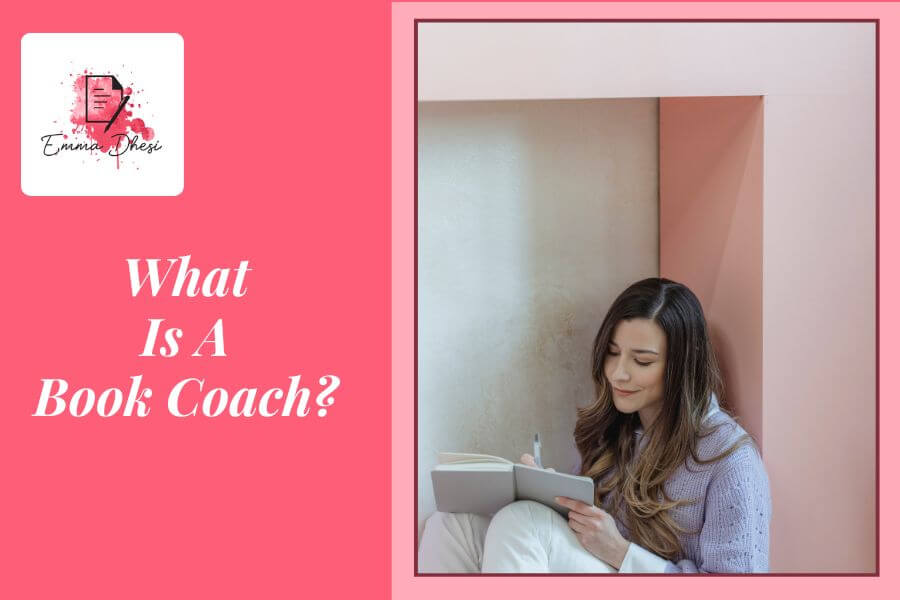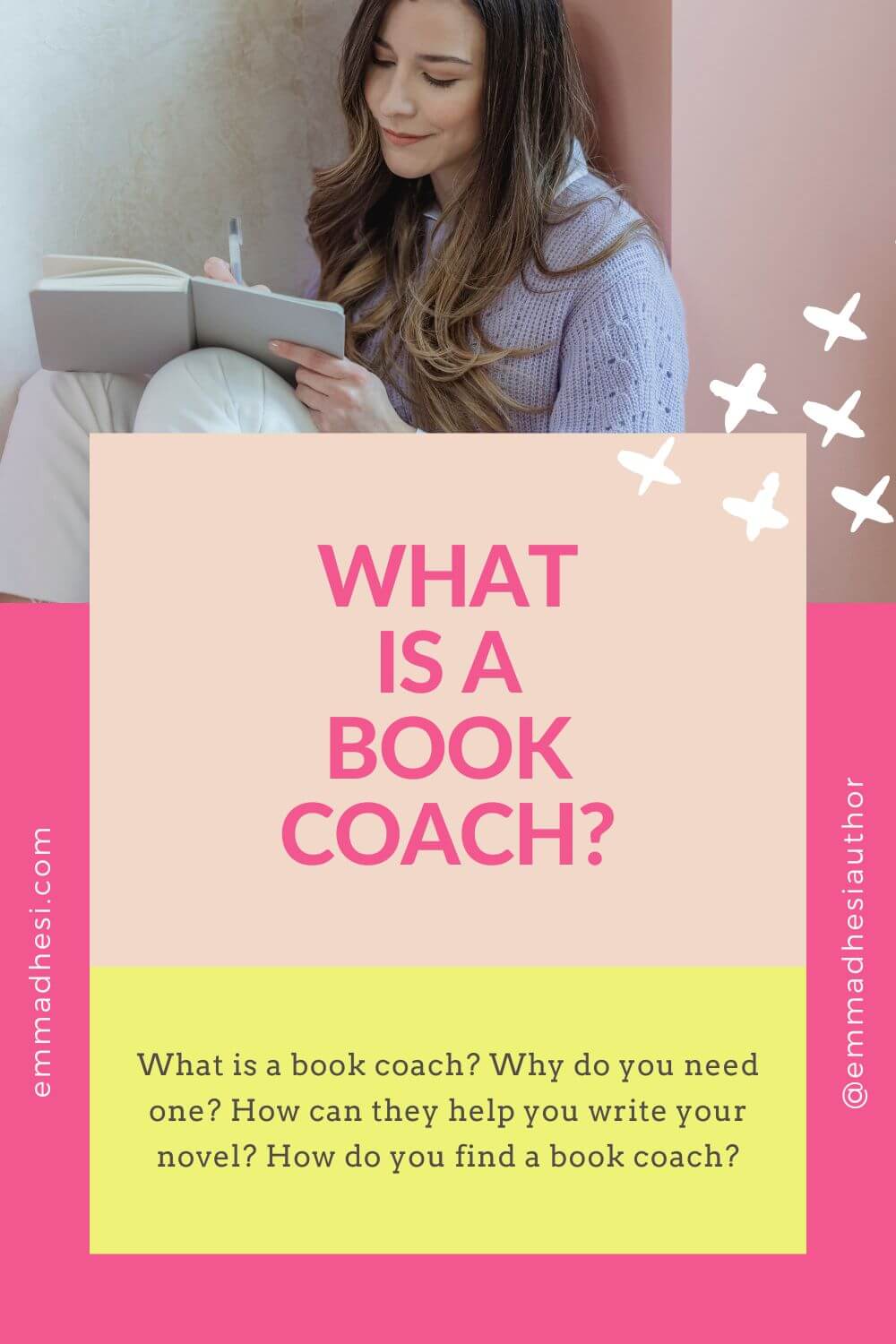Where has book coaching come from?
Book Coaching is a new field which has emerged in the writing and publishing industry.
As traditional publication has coalesced and financial margins have become tighter, agents and editors don’t have the time or money anymore to invest in new writers, coach them, or guide them in their writing.
I remember reading Diana Athil’s biography Stet, in which she described the nurturing of a new young writer called VS Naipaul. With strong guidance (and even stronger patience) she took him from young writer to literary giant.
This level of long-term support is now a privilege available to only a chosen few!
With the amalgamation of the big publishing houses and resulting financial pressures, there’s less room for mistakes and publishers want only those books that they feel confident will reach a wide audience and make them a profit.
Agents are by default in the same boat. Agents are looking to pick up a nearly perfect product from the slush pile. They don’t have the luxury of time or budget to coax a great story out of a writer who has potential.
Margins are too tight.
Just as the merging of the big publishing houses has created an open marketplace for formerly in-house editors (good news for indie authors!) so, too has it created a gap in the market for experts and professionals to help aspiring writers finish a first draft (which eludes an estimated 90% of writers) revise and even publish or query their books.
This is wonderful news for writers because it’s slowly but surely breaking down the misconception that novels are written solely by the author in a bubble.
Novels have always been a collaborative project, but previously that project was worked on in-house with the agent or publisher. The co-operative aspect of novel writing is not a new thing.
How does a coach differ from an editor?
A coach works with you throughout the writing process.
An editor comes in at the end, once the book is finished.

How a book coach can help you
Writing a novel is a long-term and intellectual endeavour. It’s hard work keeping all the moving parts in your head while at the same time maintaining perspective on the story as a whole.
If you’ve experienced coaching in any other part of your life, you know how beneficial the experience is.
Most writers come to a coach knowing the basics, at least in theory. They’ve attended classes, taken part in workshops, read many craft books and scoured the internet for a magic solution to novel writing. It’s not a teacher they need
1. Feedback
A coach really comes into their own when it comes to brainstorming ideas, asking questions about the script at hand, working through a character’s goals and motivations.
Often I’ve got stuck with a plot point, or can’t work out how to get my protagonists out of (or into) trouble.
Because my coach knows the story and the characters, they are best placed to help me come up with ideas on how to solve that particular problem. Oh, the wonderful a-ha! moments I’ve had with my coaches.
2. Moral Support
The most surprising thing I’ve discovered, however, is that the story itself is only part of the coaching. The other half is the support I offer my students.
There is always a moment (usually about halfway through the novel) in the process where my students doubt themselves and wonder if any of it’s worthwhile and wouldn’t it be better for everyone if they just gave it up?
My job then is to help reframe my student’s state of mind. Their book is absolutely worth pursuing. That’s why it keeps them up at night! It needs to be told. Frustration and self-doubt are a natural part of the process and, with experience, my students come to recognise their own roller coaster of emotions.
3. Transformation
You need a coach who facilitates your transformation from a confused and lonely newbie to a clear-headed and supported author.
A coach is the only person who is as invested in your manuscript as you are. They take the time to read your work, comment on it, ask questions and ensure your novel has all the necessary components.
A novel is more than pretty words, it’s about structure and forward momentum.
Your coach will guide you to write the best book you can by asking questions of the plot, the characters, and writing itself. They will ask just the right questions to unstick your story.
It’s been my experience that the transformation shows itself not only in your writing but your wider life. You’re a happier person because you’re doing what lights you up and this ripples into your professional life, your family life and even your future goals.
Do coaches need to be accredited?
No. It’s not necessary to have a qualification to be a book coach, just as it’s not necessary to have an MFA/MA to be an author.
That said, it is necessary to be a book lover and ideally a writer. It is necessary to study Story and understand its many and varied dynamics.
A qualification can give you reassurance that your prospective coach has invested in themselves and their professional development, but it’s not a prerequisite.
Will they help me write a bestseller?
That is something nobody can guarantee, no agent, publisher or book coach.
Your coach will help you write the best book you can at that moment in time, but they can’t promise book sales.
If you’re looking for a get-rich-quick scheme, this isn’t it. Building a back catalogue and a name takes time.

Do they need to be a bestseller?
Being a bestselling author doesn’t make a person a good coach, so don’t base your decision on that alone.
There are a lot of good writers out there who haven’t hit the bestseller list (you may even be one of them!). That doesn’t mean they don’t have value to share.
How do you choose the right coach?
It’s all about relationships. The most important thing, I believe, is that you like the person you hire.
1. Trust is key
You’re going to have some in-depth conversations with them, so you want to feel safe to discuss almost anything with them. You’ll be amazed at what emerges from the depths of your psyche when you’re writing a novel, and it can leave you feeling vulnerable.
2. Do they understand your goals?
Be sure they understand your goal and will give you actionable steps to achieve them. Ensure they’ll provide constructive feedback (good or bad) to keep you growing.
This is another reason you like the person you work with. They might give you negative feedback and it’s imperative you feel those comments come from a good place.
3. What do others say?
Look for testimonials and if you don’t see any on their website, ask for them. All coaches worth their salt will be happy to do this.
What qualities do you need as a client?
1. Be coachable
The first and most important quality is being ‘coachable’.
There’s no point hiring someone to work with you if you reject everything they say. You must be willing to listen to what they say, and their reasons for saying it. After that you must make up your own mind.
Defensiveness gets you nowhere!
2. Be willing to try
You must also be willing to try new things. Your coach may suggest new ways of writing or approaching your work, things you’ve not tried before.
Before you reject them, try them. You never know, it might just be the solution to your problem.
3. Be committed
The third quality you need is to be ready to write. You want to make the most of your time with your coach. Commit to the novel for the length of time you’re with your coach. Take advantage of their expertise and feedback.
A coach can do many things, but they cannot write your novel for you.
Coaches have their own speciality
As the coaching profession is expanding, so are many coaches are niching down to work with particular writers and stories.
For example, I work with first time novelists. Others work with writers three or four books down the line.
I work across genres, but others specialise in historical fiction or thrillers, literary or children’s. Some work solely on non-fiction books or memoirs.
Some work solely on the first draft with you, others will take you right through to the querying process.
Think about the stage you’re in and what kind of coach will be of most benefit for you.
Coaches have their own frameworks
Each coach has their own way of working and will have their own framework, taking you from initial idea and premise, to outline to finished draft and beyond.
Ask your prospective coach how they like to work and over what timeframe. Some work for a few weeks at a time. Others, like myself, work on a 12 month basis.
Be sure to ask so you understand what’s expected of the relationship and how long it will initially last.
Interested in working with me?
I work with first time novelists. If that’s you and you’d like to join my pod coaching programme, book a call here and let’s have a no obligation chat.
